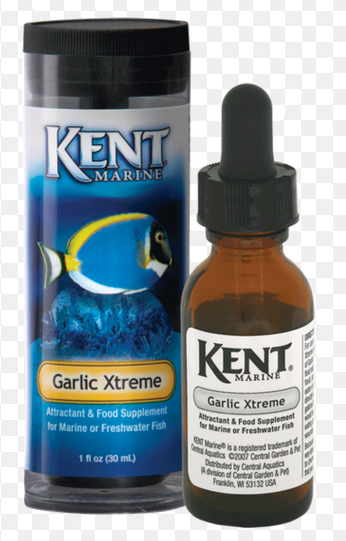This is a new one for me. I've had Queso for almost two years now. She's eating quite well (Brine Shrimp daily)
I captured some video of him swimming. I don't *think* he's fast breathing
It looks like a parasite. Is the treatment just some general cure mixed in with the whole tanks' food?
I captured some video of him swimming. I don't *think* he's fast breathing
It looks like a parasite. Is the treatment just some general cure mixed in with the whole tanks' food?

















